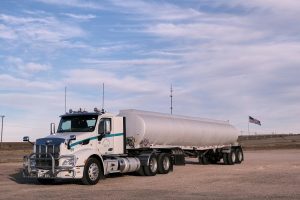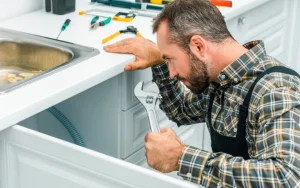
If you’re self-employed, you know how you run your business, and your life, in general, is different from those who work for someone else. Your responsibilities are different and sometimes even higher, as you have a company (and maybe even employees), relying on you. The days are long, the work is tough, but you do it all because you love your company.
Another difference for those who are self-employed is when you’re trying to get a mortgage to buy a new house. For many, their property is also their office, so finding the perfect home is critical for both business and pleasure.
It’s important to keep in mind that there are limits to some mortgages. For example, the USDA loan which is there to help low-to-middle income families, there are USDA loan limits to watch for. These limits could become a significant factor.
To increase your odds of getting approved for a self-employed mortgage, knowing what to expect and what you need to bring to the table is important.
Stable Income
Lenders want to see that you have a steady income. Although some fluctuation is expected and acceptable, you should have the documentation to prove that you have a stable income to pay for the mortgage. Make sure you have your income statements and tax documentation from the past couple of years available to show what your average net income is from your business.
Work Consistency
Just as having a stable income is important, so too is it important to show that you have a steady job. Provide documents to your lender that shows you’ve been working at the same industry for at least two years. Having a short history of being self-employed will not reassure the lender that you will have enough of a consistent income to pay off your mortgage.

Proper Documentation
For a self-employed worker, you’ll have to provide not just your personal financial documentation, but your business documents as well. Prepare the following documents before going to your lender:
- Two years’ worth of personal and business tax returns
- IRS Form 4506-T
- Profit and loss along with business bank statements
- Business verification license
- All of your debt and minimum monthly payments listed
- Any canceled checks for current mortgage or rent
- Any other income or payments
Down Payment
Because some lenders look at self-employed applicants as a higher risk, you may be asked to provide a higher down payment for a mortgage. Having that extra down payment is a reassurance to the lender that you are good for the loan. Offering a 30 percent down payment over a 10% will work better in your favor.
Cash Reserve or Emergency Fund
The one thing with self-employed work is that you cannot guarantee that you’ll have the same income every month, or that you’ll have a profit at all. Even if you prove that you have consistent work with a steady income, the lender will also want to see that you have a cash reserve. That reserve (or an emergency fund), will help guarantee the lender that if you have a few months without work, you have the money to pay your monthly mortgage.
Good Credit Score
Your credit rating is a factor for any loan you want no matter if you’re self-employed or employed at another company. However, a good credit score for a self-employed applicant will be that much more important.
Your credit score shows that you can keep up with all of your monthly payments. So, have your credit check ready, and even one for your business as well.







